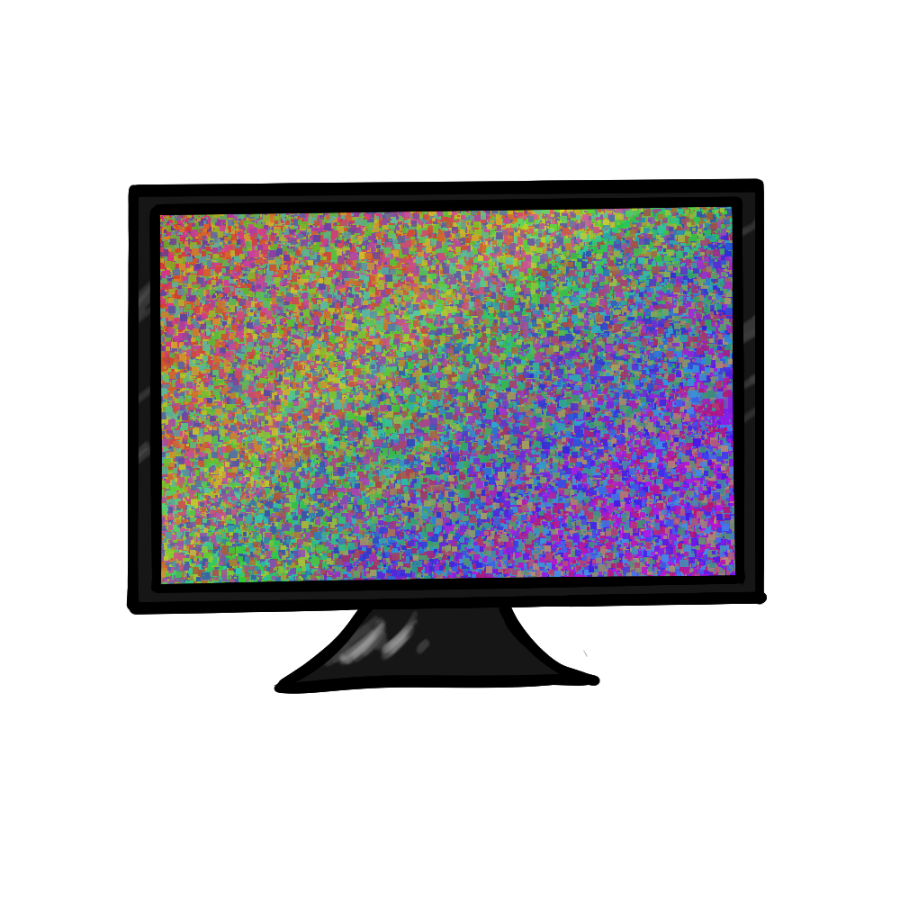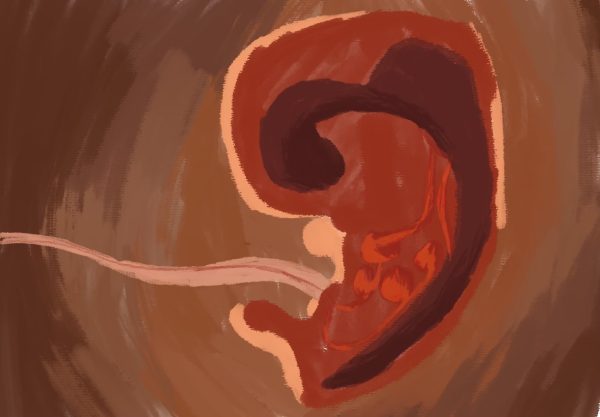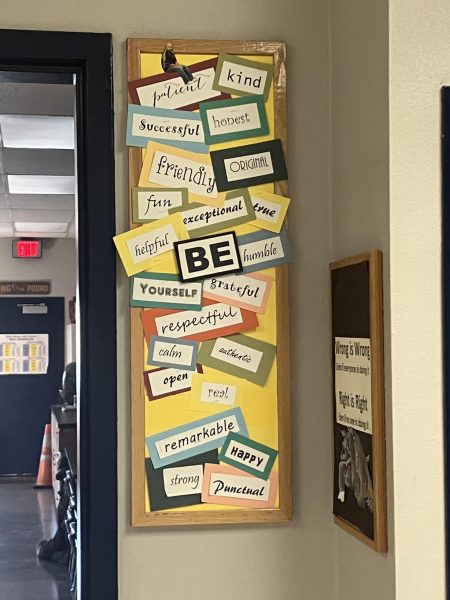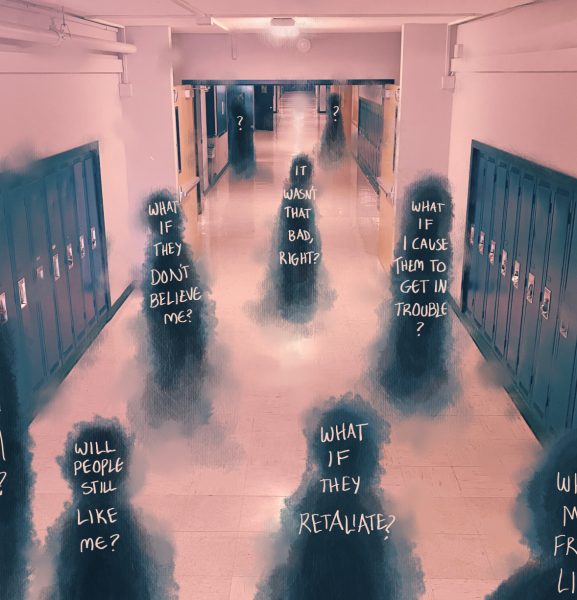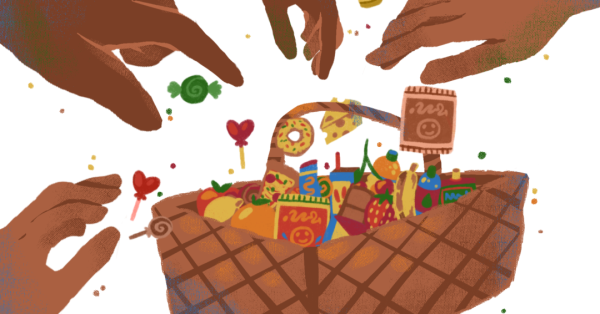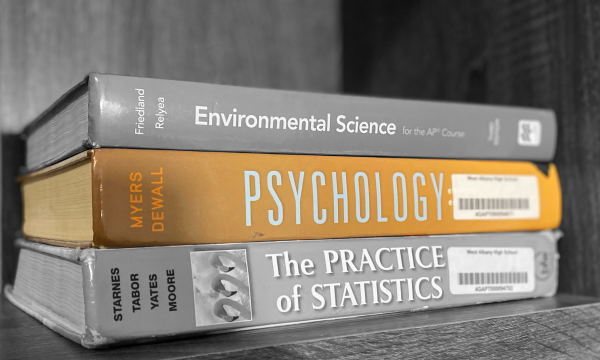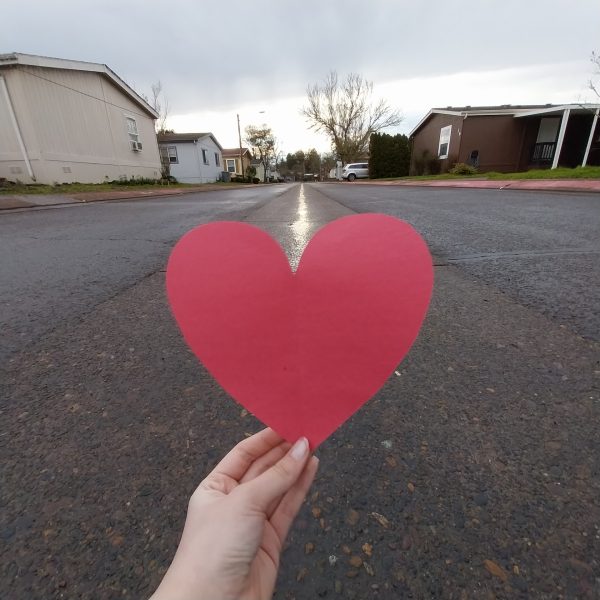Personal Column: Casually Gay
Why LGBTQ+ representation in the media is still lacking
I remember growing up watching those classic kid movies like “Harry Potter” and “Lemonade Mouth” and becoming absolutely obsessed with my favorite characters. I would watch their every move and try to do everything just like them: think like them, talk like them, become them. I was hardly aware of it at the time, but the media I saw then directly shaped who I have become. The movies I watched taught me who it was okay to be, and gave me ideas about who I wanted to become.
A few years later, middle school hit me like a punch in the gut. On top of crazy social shifts and the usual confusion of puberty, I experienced the additional chaos that came with questioning sexuality and realizing I wasn’t exactly straight. There wasn’t any kind of guide about what to do once I had that information, how I should act, how to handle coming out. For the longest time, I tried to handle life just like the characters I so admired, thinking of Hermione as I buckled down to finish that 7th grade math homework, of Artemis Fowl as I tried to muster up some clever confidence in the more-than-slightly terrifying middle school halls. One problem: none of my cherished favorite characters were written to be gay. Sure, fanfiction has its upsides, but at the time I barely knew what Instagram was, much less Wattpad. With hardly anyone’s shoes to put myself in, I had very little idea where I was supposed to go next.
As much as I’ve always admired those occasional flamboyant LGBTQ+ characters and deeply respected the way they lived their truth for the whole world to see, I have also never felt like I could truly define and express myself that way. I never felt that sexuality was anything more for me than another characteristic. There is absolutely nothing wrong with embracing your sexuality loudly and outwardly, and it can be a beautiful way to express your true self, it just never felt like me.
However, despite not adopting any of the traditionally obvious signals to other people that I’m queer, it still has always bothered me when people assume I’m straight, and has annoyed me even more when people assume to be ‘properly gay’ you have to look and act a certain way. This all comes back, as many things do, to representation. Being middle class and white has given me an advantage in finding good representation in ways that I don’t always recognize, but I have noticed the still-present lack of characters who ‘just happen’ to be gay. Flamboyant characters are needed in media too, and I would never ask for fewer characters who are created for the sole purpose of representation (although that too can be problematic), but it would be so nice to have queer characters just exist without their sexuality having to be a plot point. If they were just acknowledged and respected, this could help so many questioning kids have role models that might feel a little more like them.
A good example of this is the character David Rose from “Schitt’s Creek”. This show, released on Netflix over seven years ago, features a main character, David, who is openly LGBTQ. In the show, he has several conversations with his friends about sexuality, but also gets to have his own story outside of his sexuality. While addressing homophobia through the media can be a powerful means of activism, one of my favorite parts of this show was the fact that David was just widely accepted. Hardly anyone questioned him, and he was just allowed to have his own story without other characters’ perceptions of him having a negative impact. Actor Dan Levy, who played the character David, has talked about intentionally excluding homophobia in the writing of the show saying, “If you put something like that out of the equation, you’re saying that doesn’t exist and shouldn’t exist.” Homophobia isn’t just denounced, but left out almost entirely, giving LGBTQ+ viewers a window into the world they deserve. Personally, I find it pretty amazing to watch a show with a world where being LGBTQ+ doesn’t have to be something big and scary, it’s just an important piece of who you are. If I had seen representation like this in middle school, maybe it would have been easier to come to the conclusion that coming out doesn’t have to change everything, it’s just another step on the road to self-discovery.
David Rose might be more flamboyant and have better fashion sense than I ever will, but the idea that he doesn’t have to be automatically picked apart and criticized by society feels so comforting as so much other media keeps writing LGBTQ+ characters and storylines that just don’t feel like home. More pieces of media should show this comfortable representation without exploiting homophobia for a storyline. If we can have fantasy worlds with magic and dragons, why can’t we imagine a world without homophobia?
Your donation will support the student journalists of West Albany High School. Your contribution will allow us to purchase equipment and cover our annual website hosting costs.


